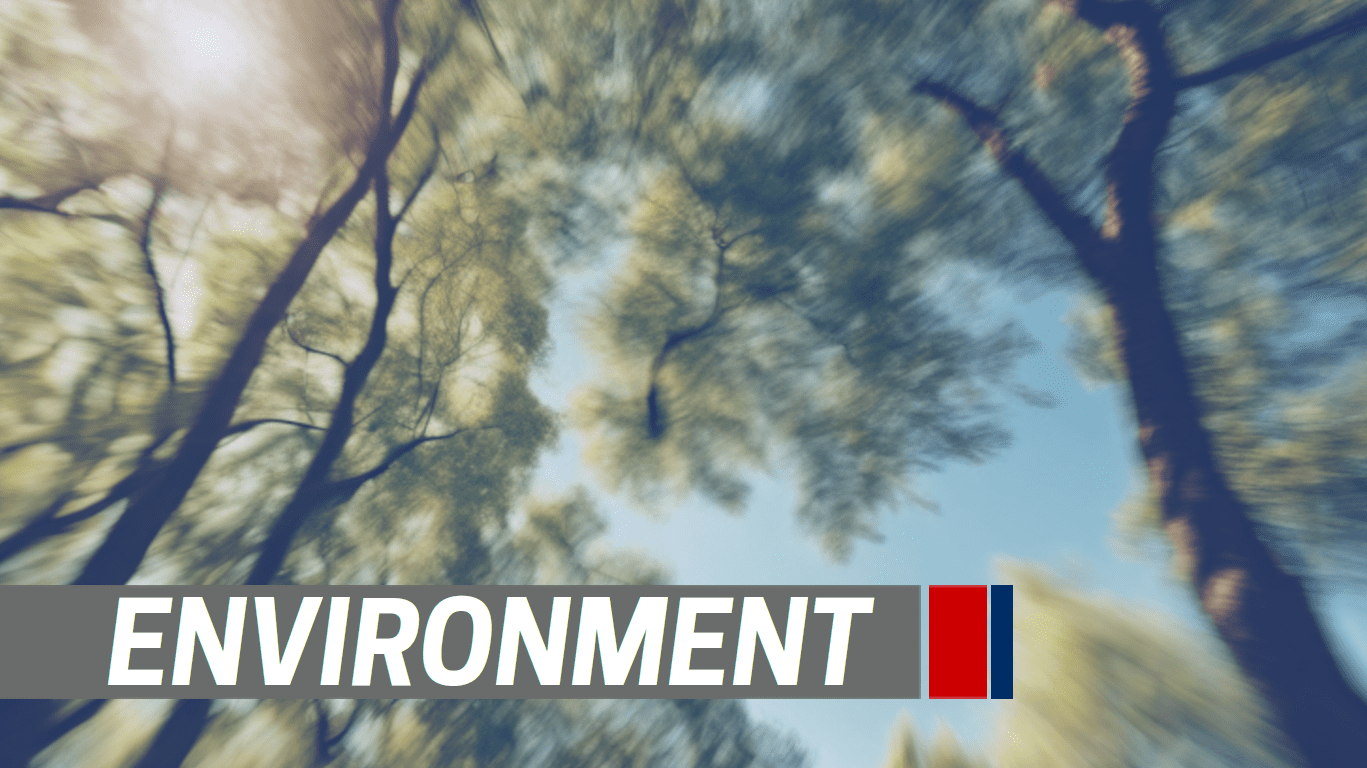Ijams Nature Center has issued a health advisory for Mead’s Quarry Lake following the discovery of a harmful algae bloom. The bloom, identified as Planktothrix rubescens, produces microcystin, a toxin dangerous to humans and animals if ingested in significant quantities.
The advisory, prompted by water quality tests conducted by University of Tennessee-Knoxville students and faculty, warns against swimming, wading, or ingesting water from the lake. The presence of P. rubescens gives the lake a distinctive pink hue. The Tennessee Department of Health and the Tennessee Department of Environment and Conservation (TDEC) have confirmed elevated levels of microcystins in the lake, advising the public to avoid contact with the water.
Amber Parker, Ijams President/CEO, expressed gratitude for the swift response from local and state experts in addressing the situation. The nature center is following recommended safety practices and will keep the public informed on the status of the health advisory.
Recent tests revealed microcystin levels ranging from 10 to 28 micrograms per liter, surpassing the state’s recreational water safety threshold of 8 µg/L. Exposure to these toxins can lead to health issues such as stomach upset, vomiting, and in severe cases, liver or kidney damage. Pet owners are advised to monitor their animals for symptoms of illness and contact a veterinarian if needed.
The health effects of microcystin exposure have prompted Ijams to advise anyone experiencing illness after contact with the lake to report it to the Tennessee Department of Health by emailing [email protected] or calling 615-741-7247.
Parker noted that the conditions favoring the proliferation of P. rubescens are likely to recur due to climate change, suggesting that such blooms could become more frequent. However, this particular event is expected to be short-lived, resolving before the onset of the swimming season.
For further information or updates on the health advisory, contact Amber Parker at 865-577-4717 ext. 1002 or [email protected], or reach out to Jessica Rader, TDEC HAB’s Response Coordinator, at 423-714-6606 or [email protected].
Source: Read Original Release


